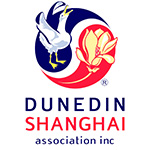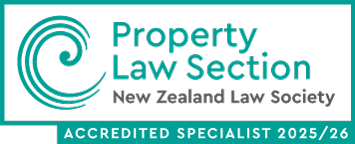Tuesday 9 August 2022
The Accredited Employer Work Visa (AEWV) scheme is a policy effort by the Government to incentivise employers to employ and train more New Zealanders. The AEWV scheme is also the Government’s response to address migrant exploitation by requiring higher compliance obligations on the part of the employer.
The Purpose of Accrediting Employers
If you intend to employ overseas workers, then you must align your business practice to meet employment and immigration standards. This is to meet accreditation requirements before you can employ non-resident workers. Immigration NZ will use the information submitted to take action against accredited employers who fail to meet and maintain accreditation requirements.
Employers who were accredited under the Talent Work Visa scheme must re-apply under the new AEWV scheme. The AEWV scheme replaces the following six visa pathways:
Standard or High Volume Accreditation?
The following are the types of accreditations which an employer can choose to be accredited under -
Before you apply for accreditation you should determine how many jobs you want associated to you as an accredited employer.[1] If you want to have more than 5 jobs associated, then you must apply for High Volume accreditation or upgrade your accreditation if your circumstances change.
The requirements for Standard and High Volume accreditation are the same. You must keep accurate and thorough records that you meet the requirements below. You must
Cost and timeframes
The application fee is $740 for Standard accreditation and $1220 for High Volume accreditation. The initial accreditation will be valid for 12 months. Upon renewal, the accreditation will be valid for 24 months.
Third-party Employment Arrangement and Franchisee
If you place workers in a third-party employment arrangement (TEA) (e.g. labour hire companies, recruitment agencies or placing workers with sub-contractors) or operate as a franchisee then you must meet additional accreditation requirements.
Please refer to our article on the accreditation requirements for TEA or franchise operators as well as the fees associated to these categories of accreditation. If your accreditation is approved under one of these categories, then you will be granted High Volume accreditation. This means you can have more than 5 jobs associated to you.
Get prepared and keep thorough and accurate records.
As part of the application to be accredited, you will be required to declare that you have completed settlement support activities and are compliant with immigration and employment standards.
Immigration NZ requires the key persons in your organisation to complete Employment NZ’s online employer modules. You must provide settlement information to the workers within one month of them starting employment.
The best practice is to retain documents as evidence to support the declarations made as part of the application. This is because INZ reserve the right to audit accredited employers. You risk being prosecuted by Immigration NZ if you do not have adequate evidence.
We can review your business practices against new immigration rules. We can advise you on what systems to put in place to evidence that you comply with the relevant immigration rules if audited.
Immigration NZ has indicated that employers will need to be accredited to employ open work right visas (e.g. partnership, post-study or student visas) as early as next year. If you employ workers who hold these issues, you should consider applying for accreditation. Contact us for specific advice.
This article is for general use only. Advice should be sought for specific circumstances. Please consult Teresa Chan at Teresa Chan Law Limited, Level 3, Westpac Building, 106 George Street, Dunedin 9016, 03-4771069, or email teresa@tchanlaw.co.nz.
KEYWORDS: Immigration, employer, accreditation, work visa, standard accreditation, high volume accreditation, declarations.

